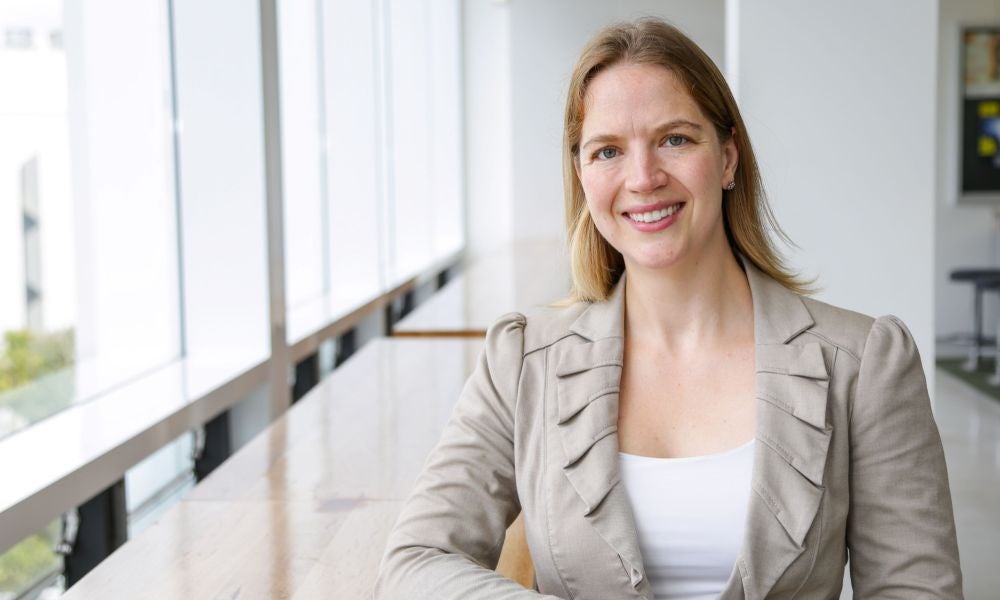What financial know-how is required to run a successful SME?
Understanding your SME's finances empowers informed decision-making, fosters long-term success, and can help balance profit with purpose
Australian finance educator Dr Kristle Cortés is urging the people behind Australia’s small-to-medium enterprises (SMEs) to take their financial literacy into their own hands and balance profit with purpose.
Speaking exclusively to The Business Of, a podcast from UNSW Business School, Dr Cortés says it’s key for aspiring small business owners to be across the detail of their books, while stressing you can learn these skills on the job.
SMEs are the backbone of the Australian economy, making up a whopping 99.8 per cent of all businesses according to Australian Bureau of Statistics data. Whether you have one employee or 100, a full-time gig or a side hustle, financial literacy is a critical driver of success.
Dr Cortés says it’s OK to start small as you learn about concepts like market flows and cost of capital – which she demystifies on The Business Of.

“Understanding the market conditions cannot be boiled down to a TikTok video, but that doesn't mean you can't start there,’” says Dr Cortés, from the UNSW School of Banking and Finance.
Dr Cortés told host Dr Juliet Bourke, a Professor of Practice in the School of Management and Governance at UNSW Business School, that along with knowing the right questions to ask, you also need to be able to understand – and interrogate – the answers. That way, even if you employ someone else to handle your finances, you can “feel confident in the background and the basis for the calculations”.
“We're all aware that you don't get to launch something twice. So you definitely want to be comfortable with what you're doing and make sure you set it up for success.”
Dr Cortés says talking to a small group of trusted people about your idea can help you understand what you have a handle on already, and where you need to upskill. Short courses and accreditations can also equip a business owner with the skills to scale up – such as completing pro forma income statements and discounted cash flow analysis.
Subscribe to BusinessThink for the latest research, analysis and insights from UNSW Business School
“The accreditations help a lot, because what that’s shown is not just that they can do it, but they want to do it,” Dr Cortés says. “I embody the fact that there are people out there that would enjoy this, that would want to do this, that would have fun doing this, and that would have fun sharing it with other people.”
But SMEs are more than stats and figures, and Dr Cortés thinks it’s especially important for small business owners to come back to their purpose when things get overwhelming.
"We can get all caught up in the numbers, and it could be an incredible opportunity or extremely profitable. But for a lot of this, it will come down to late nights and frustration and points of pain or resistance. If you know why you're doing something, it will make your life so much easier.”
“If someone's going to be on Shark Tank, you're going to need to be versed in what the judges are going to ask you – to show your profit, or the expected turnover or the timeline. But I suspect every single one of them would still want to know why you're doing it,” Dr Cortés says.
